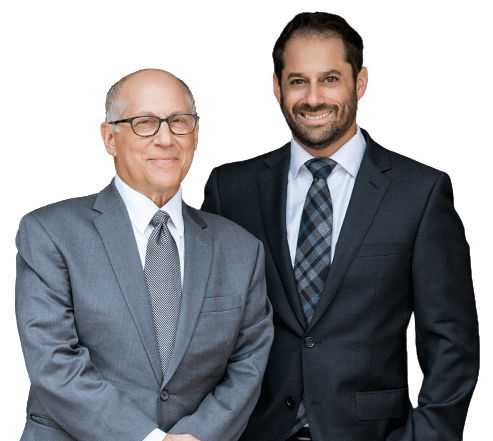If you are unable to work due to a physical or mental impairment, you may be wondering if you can qualify for Social Security Disability benefits. After all, SSD benefits can be the difference between financial solvency and homelessness.
SSD benefits
SSD benefits are monthly payments that help people who have a severe and long-lasting disability that prevents them from engaging in substantial gainful activity, or SGA.
SGA is defined as work that earns more than a certain amount per month. In 2023, the SGA limit is $1,350 for non-blind individuals and $2,260 for blind individuals.
Benefit types
The two types of SSD benefits are Social Security Disability Insurance and Supplemental Security Income. SSDI is based on your work history and the amount of Social Security taxes you have paid. SSI is based on your financial need and your income and resources.
To qualify for SSDI, you must have worked a sufficient number of hours within the past 10 years in jobs covered by Social Security. Conversely, SSI qualification is based on indigency.
Medical requirements
In addition to meeting the work or financial requirements, you must also meet the medical requirements for SSD benefits. This means that you must have a physical or mental impairment that is expected to last at least 12 months or result in death.
Your impairment must also be severe enough to prevent you from doing any kind of work that exists in the national economy, considering your age, education and work experience.
Disability evaluation
The Social Security Administration uses a five-step process to evaluate your disability claim.
First, if you are working and earning more than the SGA limit, you are not disabled. Second, your condition must have a significant impact on your ability to work. This includes whether you have the ability to sit, lift, walk, etc. If your condition is on the SSA list or is equal in severity to a listed condition, you are disabled.
The final two questions relate to work: can you do the work you did before; and can you do any other work?
If your condition does not prevent you from doing the work you did in the last 15 years, you are not disabled. If your condition prevents you from doing the work you did before, but you can still do other work that exists in the national economy, considering your age, education and work experience, you are not disabled. If you meet all the criteria for disability at any step of the process, you will be approved for benefits.

